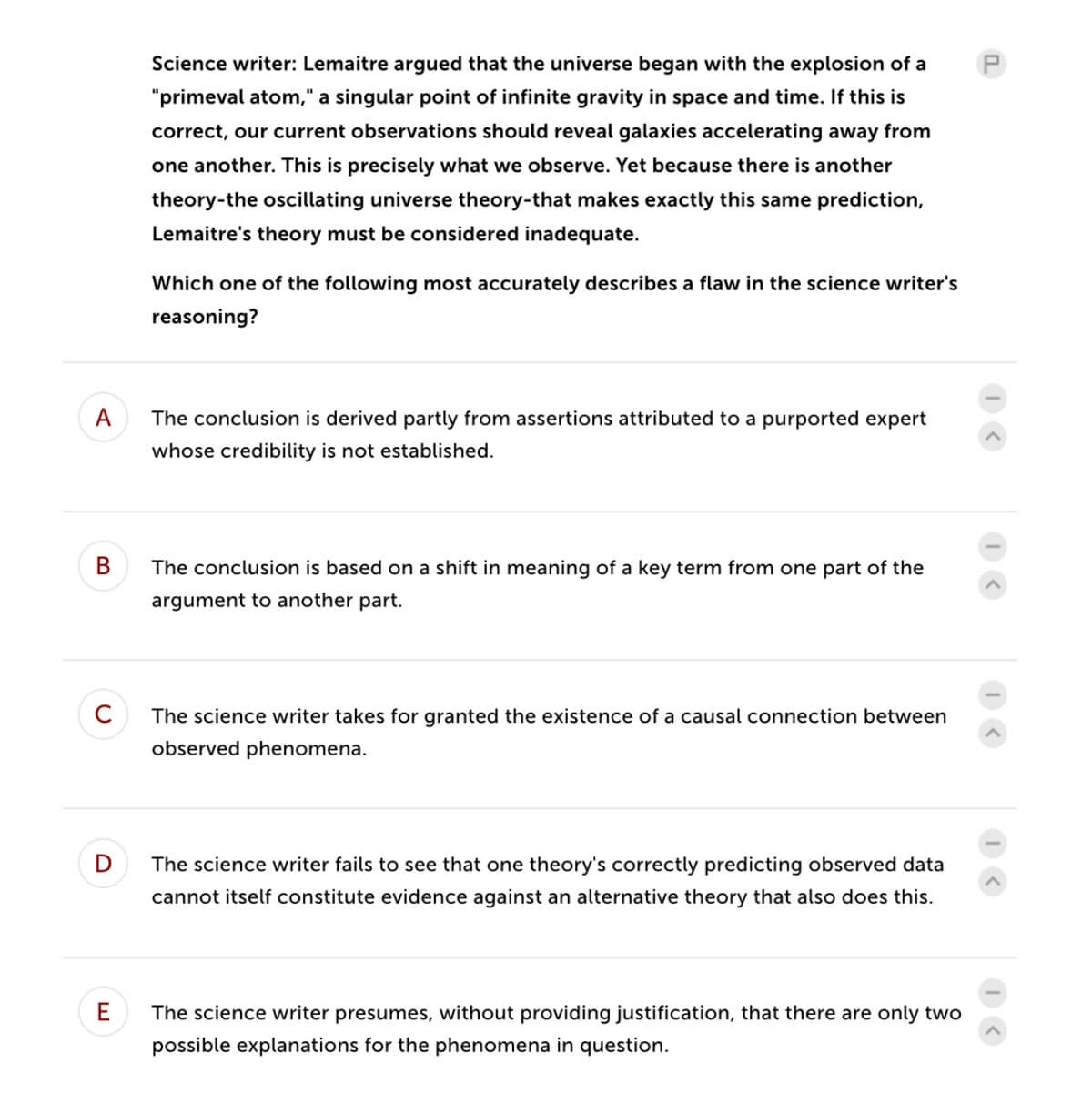When preparing for the Law School Admission Test (LSAT), it is important to familiarize yourself with the different types of questions you may encounter. The Logical Reasoning section of the LSAT tests your ability to analyze and evaluate arguments, making it a crucial part of the exam. Understanding the various types of logical reasoning questions can help you approach them more effectively on test day.
Logical reasoning questions on the LSAT require you to critically assess the structure of arguments and identify flaws in reasoning. These questions are designed to test your ability to think logically and make sound judgments based on evidence. By practicing different types of logical reasoning questions, you can improve your skills and increase your chances of success on the exam.
Types of Logical Reasoning Questions on the LSAT
1. Strengthen/Weaken Questions: These types of questions ask you to identify answer choices that either strengthen or weaken the argument presented. You must evaluate the impact of each answer choice on the argument’s validity and choose the one that best supports or undermines the conclusion.
2. Assumption Questions: Assumption questions require you to identify the underlying assumptions that support the argument. You must determine what must be true for the argument to be valid and select the answer choice that most closely aligns with those assumptions.
3. Flaw Questions: Flaw questions ask you to identify errors in reasoning within the argument. You must pinpoint the specific flaw or logical fallacy present in the argument and choose the answer choice that accurately describes it.
4. Inference Questions: Inference questions ask you to draw logical conclusions based on the information presented in the argument. You must identify the answer choice that can be reasonably inferred from the premises provided, without adding any new information.
5. Parallel Reasoning Questions: Parallel reasoning questions require you to identify arguments that exhibit similar reasoning patterns to the one presented. You must find the answer choice that closely mirrors the structure of the original argument, even if the content differs.
By familiarizing yourself with these types of logical reasoning questions and practicing them regularly, you can improve your performance on the LSAT. Remember to carefully analyze the arguments, consider all answer choices, and choose the option that best fits the question requirements. With dedication and practice, you can master the logical reasoning section and achieve your desired score on the exam.
In conclusion, understanding the types of logical reasoning questions on the LSAT is essential for success on the exam. By practicing different question types and honing your analytical skills, you can improve your performance and increase your chances of admission to your desired law school. Approach each question methodically, consider all options carefully, and trust in your ability to reason logically. Good luck!
